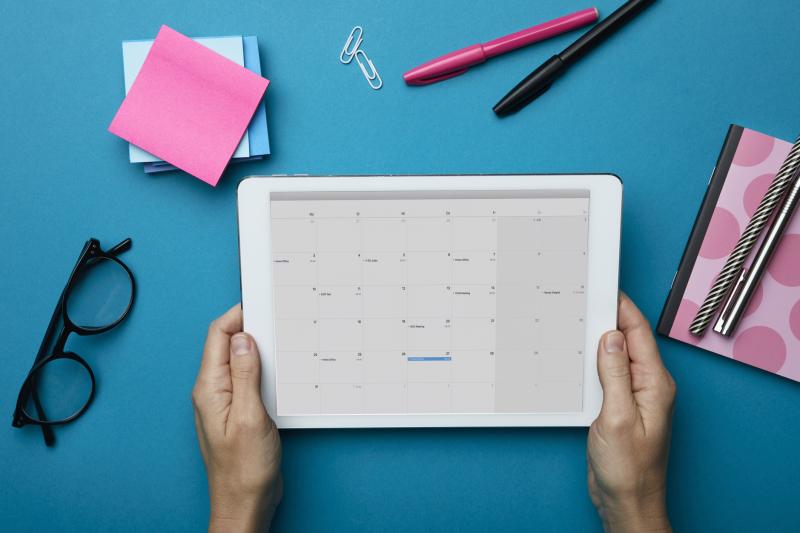
Political Scheduling Do's and Don’ts, & Why It’s Such a Tough Profession
For any brave souls that have dared to take on scheduling for a political candidate or even on a professional level, you’ll truly appreciate this post. Political Scheduling isn’t easy—it’s an art form and not for the faint of heart or the disorganized. Most people think, “Well all you do is just put events on a calendar, so it can’t be too hard.” Well, truth is, it is way more complex than it appears.
When working for a candidate, so many factors have to be considered when scheduling including but not limited to: travel time, bathroom time, time alone with their significant other, alone time to just think, call-time, or one of my all-time favorites—time so the candidate could work on his 1930’s truck. Look, for those of you who have done political scheduling before, or are reading this cramped up on a campaign bus or in the back of a candidate’s car—I got your back. You take responsibility for a crucial part of the campaign and as a result of your work, the schedule can run smoothly or fail. For those of you who are about to start political scheduling professionally or are interested—follow these few rules:
- Listen to family requests. When the significant other of your candidate comes to you for the second time to request a time off, always listen.
- Always allow for downtime. Overworking a candidate can be easy to do, so don’t be that guy or girl who books the candidate 20 hours a day, 7 days a week.
- You are the gatekeeper. You control the candidate’s schedule. Many people will try to barge into meetings, “to just get five minutes,” or “see if he or she is free” when that’s not the case. You cannot let this happen. Remember – if this individual is so busy to actually hire someone with the job title of strictly “scheduler,” they will expect you to do your job.
- Confirm every meeting and every event. You’ll need to make sure that everyone who is supposed to meet with your candidate actually does.
- Know the contact, you’ll need to know everything about the person they are meeting, everything about the event they are attending, and everything about the organization they are speaking in front of. The more prepared you make your candidate – the more they will like you.
- Learn from the day. At the end of each day, sit down and go over the past day’s events and learn from mistakes and successes. Then, go over the next day and know it like the back of your hand.
- Don’t let anyone play favorites. In a very large, busy campaign, everyone will immediately want to become your friend (see number 3). For that reason, you have to keep in mind what your candidate and or manager wants, not so much what your friend in the Finance Department wants.
- Smile. You’re in a great position to excel after the campaign is over. Work hard, be friendly, and most importantly, work smart.
Have questions about political scheduling and how to get the most out of a candidates day? Ask them here!